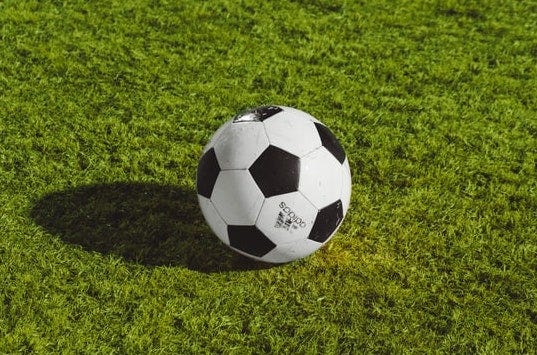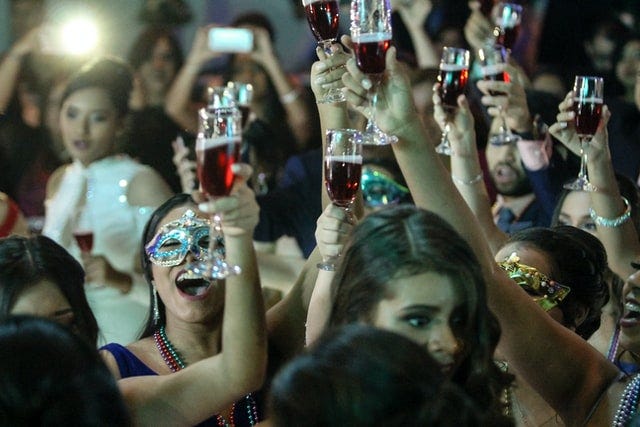Winning English - Mastering Idioms, Slang, and References
Get the ball rolling • Keep your eye on the ball • Drop the ball • Having a ball
You might have noticed from the title that the theme for today’s post is “ball”. It’s amazing how many sayings in English involve that simple word. Well, let’s not delay anymore. Let’s get the ball rolling!

Photo by Wesley Tingey on Unsplash
“To get the ball rolling” means to begin something. It’s a very common saying in all settings.
You can also “keep the ball rolling”. This saying is often used at events or during meetings to indicate that you want to stop what you are currently doing and begin the next part. For example, if the host of a business meeting thinks that the discussion of a particular topic has gone on too long, she might say, “Okay, let’s the keep the ball rolling. What’s next on the agenda?”
When you want to accomplish something important, it’s important to focus. If you don’t focus, you could find that you spent hours at work with nothing to show for it. You must keep your eye on the ball.

Photo by Caju Gomes on Unsplash
This idiom might be very confusing at first. Maybe you thought it meant something like the picture above. “To keep your eye on the ball” means to focus, especially on the most important parts of something. In many sports, it’s critical to watch the ball at all times. If you look elsewhere, you likely will not hit or kick the ball correctly. So, you must watch the ball at all times - “keep your eye on it” - in order to succeed. Note how you keep your “eye” on the ball, not “eyes”. While it would seem to make more sense as a plural, it’s usually not said that way.
While it’s important to keep your eye on the ball, you also don’t want to drop the ball. If you drop the ball during that next big business assignment from your boss, you might not get promoted.

Photo by Keith Johnston on Unsplash
“To drop the ball” also comes from the world of sports, but is used in all settings. It means to make a mistake, to not complete a task, or to fail to perform your duties.
In American football, for example, when a player is carrying the ball in his hands, the worst thing he can do is drop it. (There is even a special word for this. It’s called “a fumble”.) Now, another player might hit you and knock the ball out of your hands. That happens in the game. But at least you didn’t “drop the ball” all on your own.
So, how do you like this newsletter focused on balls so far? Hopefully, you’re having some fun. Maybe you’re even having a ball!

Photo by Efren Barahona on Unsplash
“A ball” in English is not just a round object. It’s also a kind of party. It’s usually very big, fancy and expensive, with men wearing tuxedos and women wearing a special kind of dress called a ballgown. When you do go to “a ball”, it’s usually a lot of fun. So, “to have a ball” is to have a lot of fun, to have a great time.
Note that sometimes people might use a special tone of voice to indicate they are not having a good time by saying, “I’m having a real ball,” sarcastically.
Again, I hope you had a ball with today’s post! If you like what you are reading (and listening to on the podcast), please consider telling a friend. Thanks, and talk soon!



So, I received a question from a reader. If "having a ball" is having fun, does that make "a ball room" a place - any place - you have fun? No, not generally. A ball room, instead, is a specific kind of very large room where parties and events are held. Often hotels, etc. will have a specific room they call a "ball room". It's usually for wedding and formal dinners. But generally speaking, it's not just any room where people have fun.